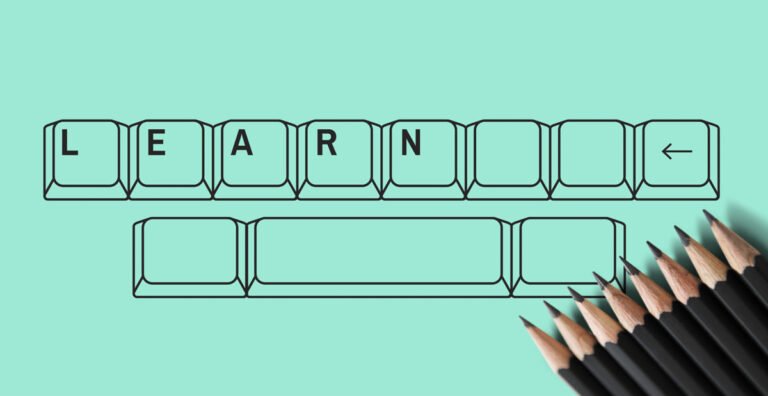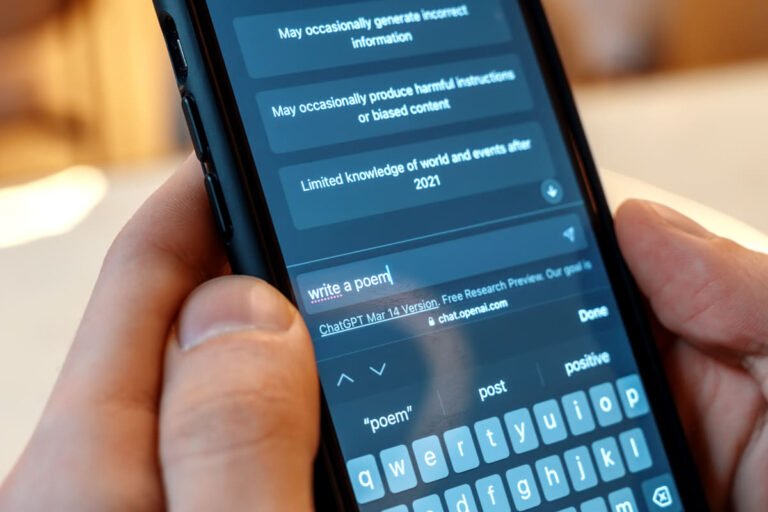Today, scientists around the world are using intelligent algorithms to decode DNA, analyze distant galaxies, and even predict pandemics. Sounds futuristic, right? Well, it's already happening, here and now. Discover how AI is revolutionizing science!
Artificial intelligence (AI) has become the favorite ally of modern science. It is not just about save time or automate tasks, but of open doors to discoveries that previously seemed like science fiction.
Table of contents
1. Protein structure prediction
Scientists can predict the three-dimensional shape of proteins with incredible accuracy. This accelerates the development of drugs and therapies personalized.
2. Medically assisted diagnosis
In some cases, AI already outperforms radiologists at detecting tumors in X-rays and MRIs. The result? Faster diagnoses and more effective treatments.
3. Large-scale genetic sequencing
Previously, analyzing a person's entire genome was extremely expensive and time-consuming. Today, AI makes it possible Identify key mutations and associate them with diseases in a matter of hours.
4. Discovery of new drugs
Algorithms can filter millions of chemical compounds in a very short time to identify potential drug candidatesThis saves years of research and millions in investment.
5. Prediction of epidemic outbreaks
Analyzing mobility, climate, and public health data, AI helps anticipate disease outbreaks before they become global crises. A key tool for preventive medicine.
6. Analysis of astronomical data
The universe generates immense amounts of information. AI is tasked with examining telescope data to discover new exoplanets, detect cosmic signals or even study black holes.
7. Optimization of laboratory experiments
Instead of trying hundreds of times “blindly,” AI recommends optimal settings for experiments chemical or physical, reducing errors and accelerating results.
8. Climate change modeling
With the help of artificial intelligence, scientists can create more accurate climate models, capable of predicting extreme phenomena and its possible consequences.
9. Creation of new materials
AI helps design materials with specific properties, such as increased strength or conductivity. This has applications in renewable energy, electronics and construction.
10. Historical reconstruction and analysis
Although it may sound surprising, AI is also changing archaeology. Since rebuild damaged parts until deciphered illegible ancient texts, algorithms are breathing new life into human history.
Science + AI: an unstoppable duo
These ten examples are just a sample of what is already happening in the world's laboratories. AI doesn't replace human ingenuity, but it does amplify its reach. Thanks to it, scientists can go further, faster, and with greater precision.
And you, do you want to be part of the scientific revolution driven by artificial intelligence?



